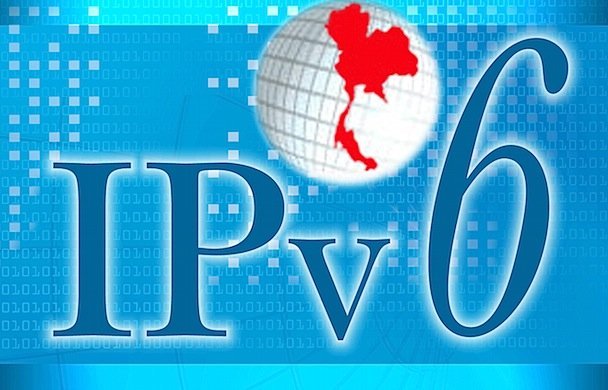A major hype on the Internet lately is that we are running out of IP addresses. An IP address is used by every device that connects to the Internet, whether it be a smartphone, a tablet, a laptop, a desktop, you name it. An IP address is “a numerical label(basically a string of numbers) assigned to each device” that uses the internet. The current version of IP addresses, IPv4, had about 4.3 billion addresses possible. This sounds like a lot, but there are almost 7 billion people on the planet, plus there are many who use more than one Internet-enabled device.

IPv6, the new version of IP addresses that features letters in addition to numbers, will have approximately 340 undecillion[1] IP addresses at its disposal, and is expected to be the last major upgrade. On June 8, 2011, which has been labeled “IPv6 Day,” Bing and some other major sites will be transitioning to IPv6. How does this affect the typical user? Honestly, many won’t notice a difference. This upgrade has been in the works since 1999 and will go unnoticed by the average user over a period of years. However, this transition is an historic mark in the history of Internet growth.
For more information about IPv6 click here.